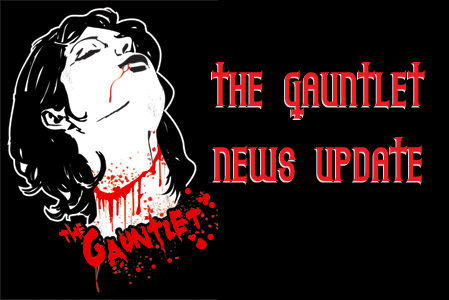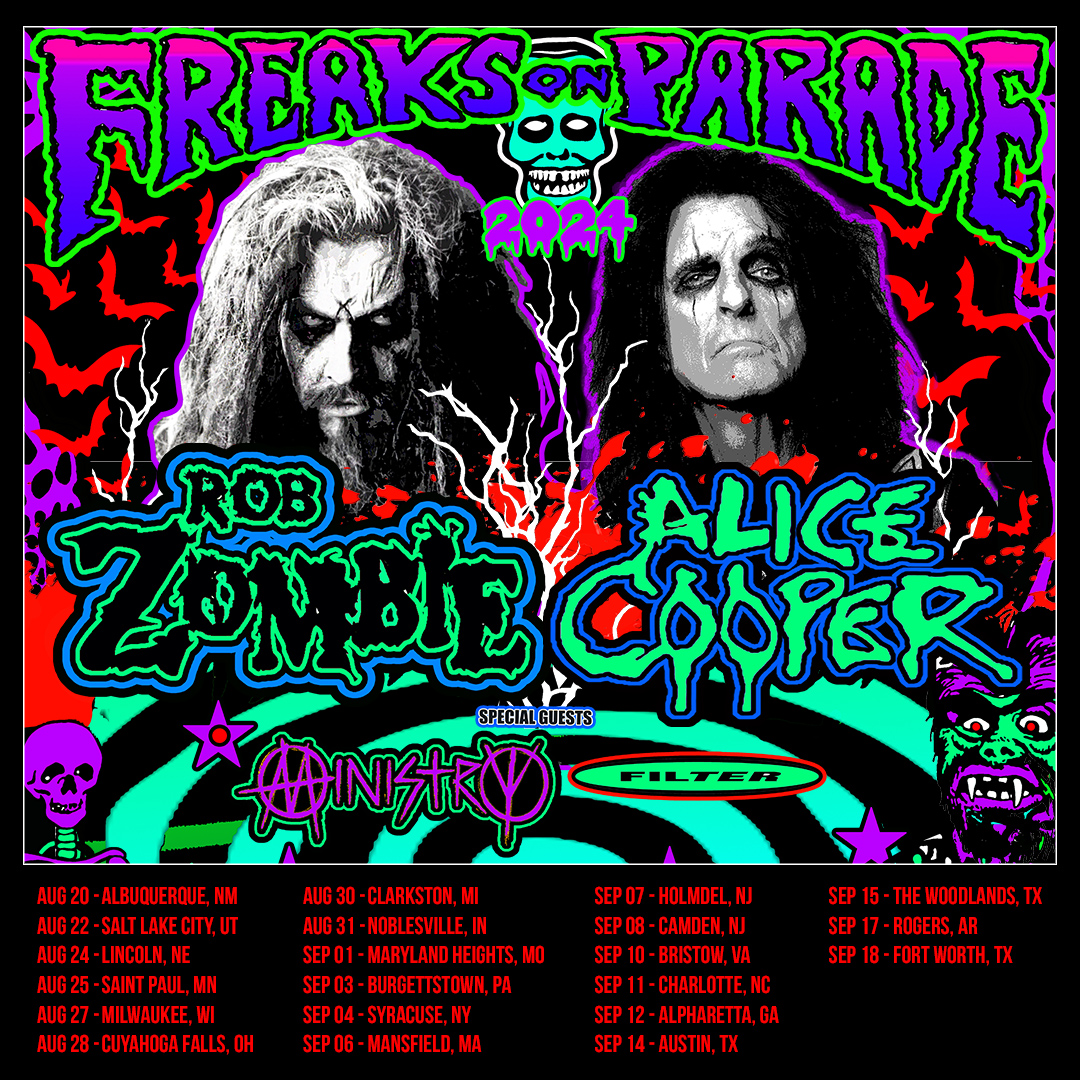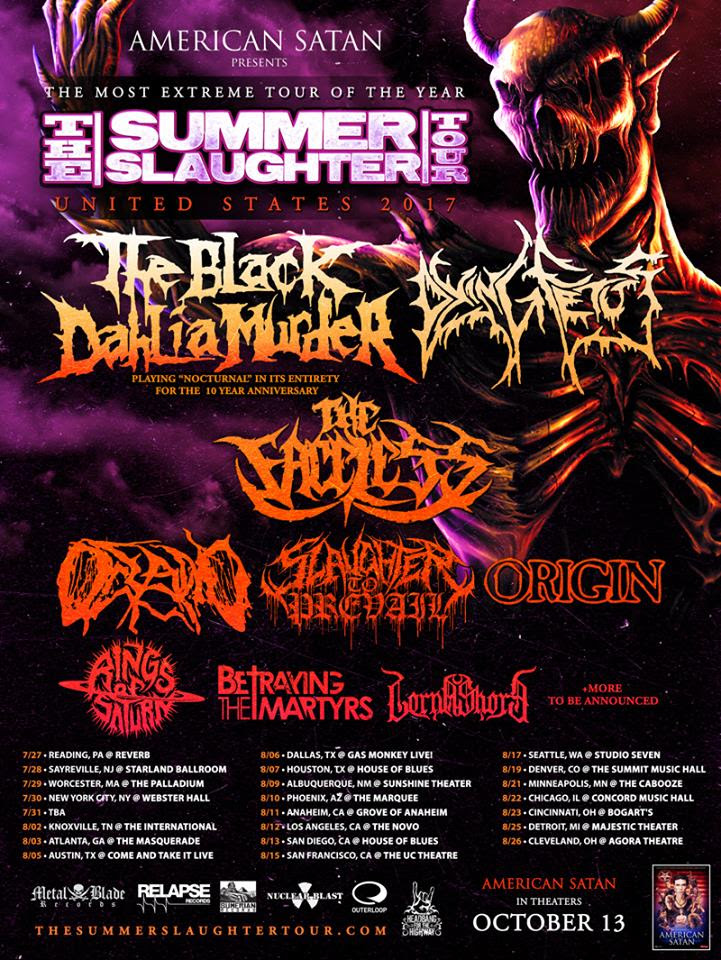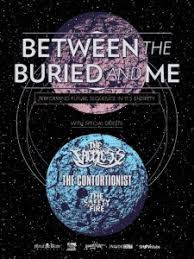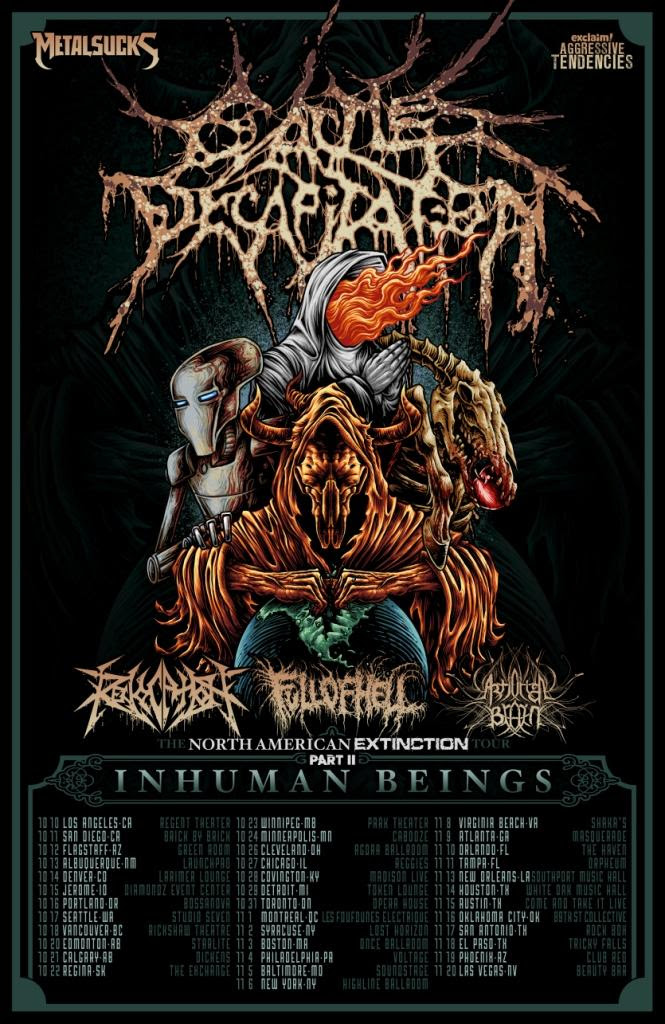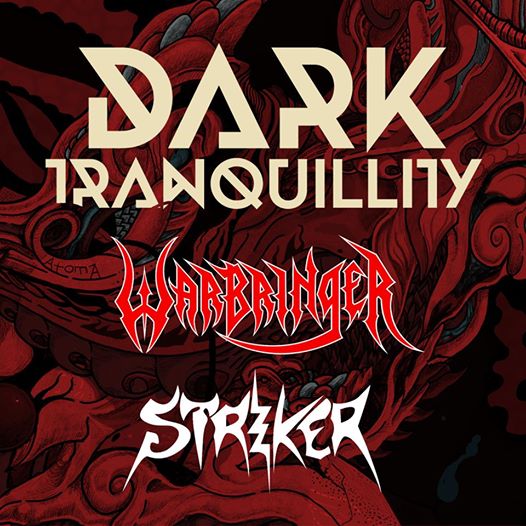Is File Sharing Theft?
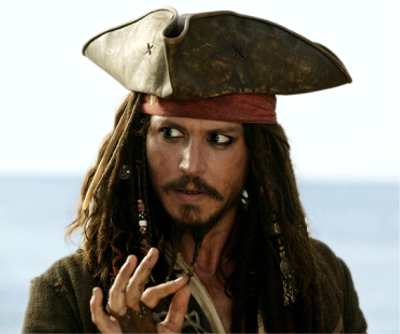 Things got a bit heated yesterday between The Gauntlet and Ash Asvilden, founder of Sumerian Records. Today I wanted to bring an artists perspective into the mix.
Things got a bit heated yesterday between The Gauntlet and Ash Asvilden, founder of Sumerian Records. Today I wanted to bring an artists perspective into the mix. Is File Sharing Theft?
In my view, no -- more on that further down.
I'm probably one of the few people representing the musician's perspective on this to hold that view, and I am going to preface this piece with a little friendly disclaimer: it is a known fact that we are having this discussion about file sharing because two friends of mine are having a bit of a dispute, and, both Ash Avildsen and Jason Fisher are long-time friends of mine, and I have no intentions of changing that. In fact, Ash has given my band Look What I Did great opportunities before, as he has done for other bands, and, on the balance, he has created opportunity and prosperity for a lot of musicians out there whether as a booking agent or head of Sumerian Records. Also, in response to the other aspect of the controversy and in the interest of full disclosure, I got into some trouble when I was 11 for uploading a batch file virus to a BBS, which is something I never did again nor would I. We sometimes do stupid things as kids that we learn to be wrong when we grow into adulthood, and everyone deserves the chance to learn lessons and redeem themselves.
However, there is a silver lining to this situation – Ash has with his recent comments inspired an important debate that needs to be discussed now more than ever. The music industry is in its worst shape. Gas prices are shooting up to unrealistic values due to inflation which hurts bands on tour in a way the kids at home could never fathom. The internet has made it so easy to spread music in a viral manner that it has become difficult to monetize. Add this to the fact that the compact disc is rapidly going obsolete, and you have a serious revenue problem for bands.
The Debate Is Heated Because the Pain Is Real!
Ash wants Sumerian fans to pay for the releases because his label and bands are working very long days every day to provide music for fans. The bands go out on the road all the time, and touring is risky when finances become unpredictable. Getting stuck on the side of the road without money is a disaster for a band that can snowball into a personal financial crisis that lasts for decades. Fans don't really understand the risks we take as musicians.
On the other hand, consumers don't have it easy right now either. We are in a worldwide Great Depression. Most people do not have money to buy CDs, nor do they have CD players in some cases. Many fans rely on file sharing to get a chance to check out and become familiar with the artist, and then they will go to a show and purchase merchandise when they have money, which in their mind supports the band, and, in reality, it does.
Is File Sharing Theft, Though?
It is my argument that file sharing is not theft. When labels sell a song or compact disc to the consumer, that person does not view that as a licensing agreement. They don't sign a contract to license the song for personal use per se during any aspect of the process of purchasing a compact disc. In some cases, a digital signature to this effect may be involved in a digital download, but there is no truly functioning security feature to enforce this if so, and few people read terms like that when purchasing things online in the first place.
Legally speaking, what is the difference between playing a song you like for your friends using a stereo system or playing it for them by letting them hear the song using technology that allows the sound to be broadcast in a wireless manner to speakers in another residence? From a technological standpoint both cases are legally and actually very similar. The only difference is that the audio information is traveling a greater distance before reaching the end-consumer's friend's ear.
Does this rise to the level of theft? Is there a moral equivalency between putting a gun in someone's face and demanding they give you a finite, limited resource which will then be unusable to someone else and file sharing? I find there to be no equivalency, and it is very dangerous for the music industry to begin criminalizing the behavior of the consumer – especially in cases where the consumer is largely unwilling to continue an older system because it is technologically outmoded and provides an inferior overall shopping experience. We have to always remember that the customer is always right. I contend in this case that it would benefit the music industry at large to create a solution to this problem that addresses the needs of both listeners and the artist.
On the other hand, torrent sites who backlink to the artist's website are helping artists maintain relevance in search engines and may actually increase the number of fans who discover them. This debate is far more complex than it seems.
The Future, The Solution
I liken the heated debate between fans and musicians on the subject of file sharing to the type of debate a pilot and co-pilot might have when their plane loses a wing and starts to fall to the Earth – suddenly the tense atmosphere of disaster causes tempers to flare, but when sanity is restored all parties remember that we are in this together. We need to work together to find a workable solution that doesn't involve using the RIAA to sue our fans.
We need to stop criminalizing the consumer, and we also need to stop expecting musicians to work for free. I have actually joined forces with investors to create a new online and mobile music service called gazzmic aimed at solving this very problem – monetization of music. I can't go into the details just yet as we are in the early developmental stages, but I have pages and pages of manuscripts already written which will solve this problem in a way where fans can continue listening to music the way they want and bands can also get paid fairly.
Regardless, innovation and creativity are the way out of this problem. The old model is dead, and we have to wake up and face it as an industry or we are going down. The one-size-fits-all record contract with massive borrowing and $100,000 production costs with catering at the studio and that type of thing – those were the Peter Frampton days. This is the 21st century, the music industry is decentralizing, and now music speaks for itself. You don't have to be a massive rock star to have a career in music anymore, and I think that's good for art in general.
The best thing about the creative destruction we are experiencing in the music marketplace right now: gatekeepers are losing the ability to dictate what we are allowed to listen to anymore – and that's a good thing in my view.
Barry Donegan is a founder of the online and mobile music service gazzmic and is the vocalist for the band Look What I Did whose latest release Atlas Drugged, produced by Brian Virtue (Jane's Addiction, Horse the Band, Chevelle) is out NOW on Modernist Movement Recordings.
Read More News
Tags: piracy, Ash Avildsen, Barry Donegan, file sharing
Barry Donegan April 13, 2011

